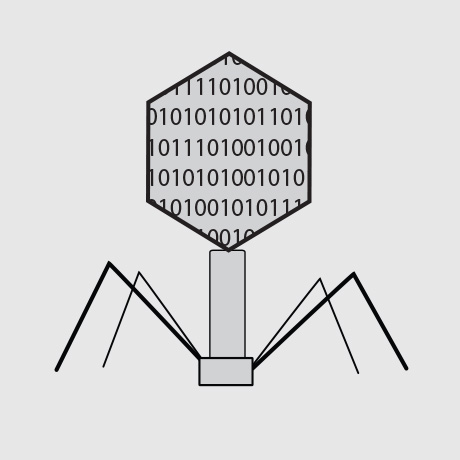How do people (especially scientists) figure out what career directions are a good fit? Is academia the right choice? Or what about industry, government, consulting, or something else? This incredibly important question can be incredibly difficult to answer. I went through this myself a few years ago as a postdoc, trying to discern the career direction that was best for me. While there are many ways to get a sense of career opportunities and direction, I found informational interviews to be one of the most effective approaches.
Informational interviews are simply connecting with someone in a field in which we might be interested, and asking them questions (interviewing them) to gain information on what their career is actually like. This can be a half hour chat at a local coffee shop with a local industry scientist, a Zoom call with a patent lawyer we met through our network, or something along those lines. The goal is to get information on what their career is like and inform whether that’s a direction we want to take.
Even if we get to the point where we have an informational interview scheduled, we may often find it’s confusing to know what questions to ask. To hopefully provide a helpful resource for getting started, in this blog post I wanted to collect some good questions I have come across or even asked myself. I also recently posed the question on Twitter of what questions people like to ask, and I’ll include those in here as well because there are so many awesome suggestions!
Informational interviews are great for career development and can be really insightful into new fields and paths. I often get asked for questions that are good to ask, so I’m curious. 🧐
— Geof Hannigan, PhD (@iprophage) August 2, 2022
What are your favorite questions to ask in an informational interview?
Informational Interview Question List
- What has your career path looked like so far? How did you get to your current position?
- How would you summarize your job?
- What does your day-to-day look like?
- How much time do you spend doing science?
- What kinds of projects do you work on?
- What skills do you think best prepared you for your current role? What skills do you recommend I develop?
- What’s something I can do in the short term (think a few months) that will immediately help me learn about/get better at this job?
- How did you work on your soft skills, and how did that affect your career?
- Do you have any (non-research paper) reading you’d suggest?
- How much work-life balance do people find in your role/field?
- What is your favorite thing about your job?
- What is your least favorite thing about your job?
- As I enter the job market, what types of position titles should I be looking for?
- What does success look like in this role?
- What’s the most challenging and rewarding part of this role?
- What keeps you working at your current company?
- What kind of development opportunities are available to you?
- What does compensation look like in your role (salary, hourly pay, bonus, stock options, restricted stock units, other equity, commission, etc)?
- How do the company, your manager, and your colleagues treat you?
- Do you feel valued? Do people take your suggestions and ideas seriously?
- Who else should I be talking to? Can you recommend anybody else for me to talk to?
- What types of network events and groups should I look for and/or join?
Susanna Harris, PhD made an important suggestion to take a little time to skim the person’s LinkedIn before the interview. It can help you plan to frame your questions according to their experiences, and it’s just generally appreciated by the people you will talk to. Logan Whitehouse mentioned that informational interviews can work best as a dynamic conversation. It’s important to prepare some questions, but you also want to taylor the conversation to the flow of the discussion as well. These are really great pieces of advice!
Ultimately the informational interview can be a great tool for learning about potential new career paths. Hopefully this list of questions make the process a little easier as well. I you have any additional questions to add to the list, please let us know in the comment section.
comments powered by Disqus